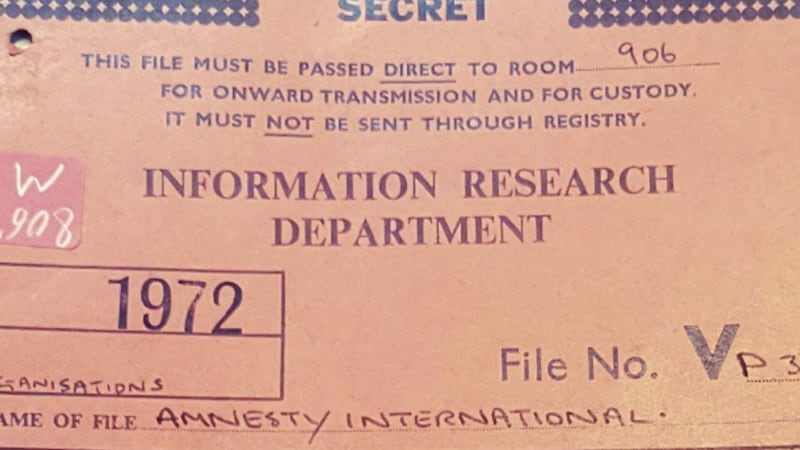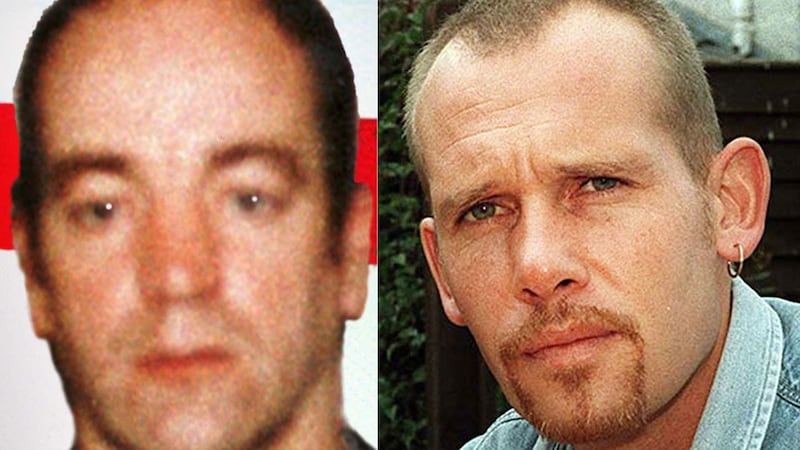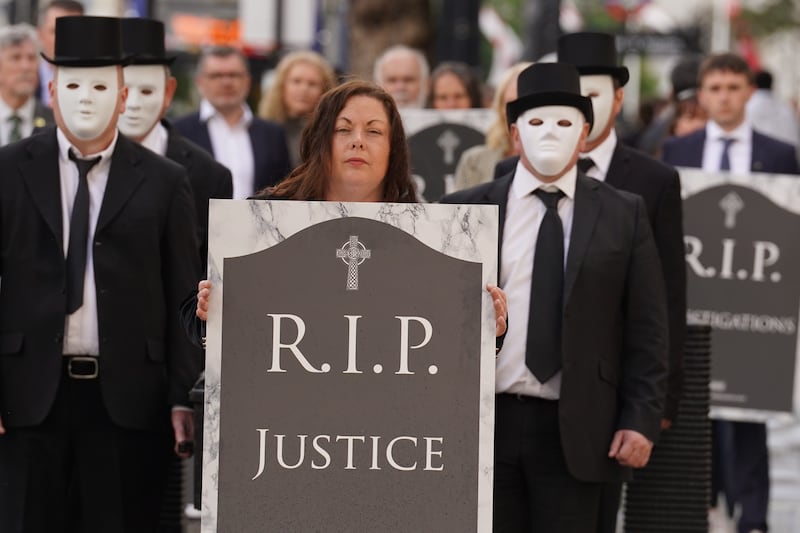The British government plotted a secret propaganda campaign in order suppress an Amnesty International report into torture in the north.
Declassified documents have revealed that the British government had planned to discredit the human rights group over a report into the detention of the 'hooded men'.
The 14 Catholic men say they were subjected to state-sanctioned torture when they were interned in 1971.
None of the men were ever convicted of any wrongdoing.
What has become known as the ‘five techniques' were used against the men while they were detained without charge or trial.
It included being hooded, made to stand spread-eagled in a stress position against a wall and beaten if they fell, forced to listen to constant loud static noise, and deprived of sleep, food and water.
The interrogations were carried out by members of RUC Special Branch.
In December 1971, the Chairman of the Swedish branch of Amnesty International, Thomas Hammarberg, led a delegation to Belfast to investigate allegations of abuse.
It has now emerged that the British Foreign Office plotted a campaign against Amnesty to discredit Hammarberg in order to undermine his delegation’s report.
A declassified file shows that a Foreign Office official in the Republic of Ireland Department, R.B. Bone, was concerned about Hammarberg’s visit north.
In a letter to the Information Research Department (IRD), he wrote “Hammarberg is a name well known to me from my days in Stockholm…. He was generally regarded by the Embassy as being a prize pain in the neck”.
Bone added that he expected Hammarberg’s team to find that Britain had “indeed been guilty of cruelties, atrocities, etc” in the north.
He recommended that the IRD gather information on Hammarberg and leak it to the media.
“It might at this stage be useful if we were in a position to leak to the press some details about Hammarberg’s personal history and anti-British prejudice," he wrote.
While the British embassy in Stockholm was unable to produce useful information he received a letter from another official saying.
It said: "We have information on Hammarberg”, however, the detail has been redacted.
Another official also raised concern that Hammarberg would be critical of the British and advised the IRD should “raise such doubts as we can about his motives, and the independence of his judgment”.
“If anything could therefore appear at about this time to throw doubt upon the report, I suggest it should be done," he added.
Mr Hammarberg later went on to receive a Nobel Peace Prize on behalf of Amnesty International.
Details of the file have been revealed by Declassified UK, which investigates Britain’s military and intelligence agencies.
Gráinne Teggart of Amnesty international was critical of the plan by British government officials.
“These damning files reveal a shameful determination to keep human rights abuses hidden and an unscrupulous government prepared to use smear tactics as a cover-up," she told Declassified UK.
“Our mission in Northern Ireland in the 1970s led by our esteemed former colleague Thomas Hammarberg, was a watershed moment, and found the brutal use of torture by British state forces."








